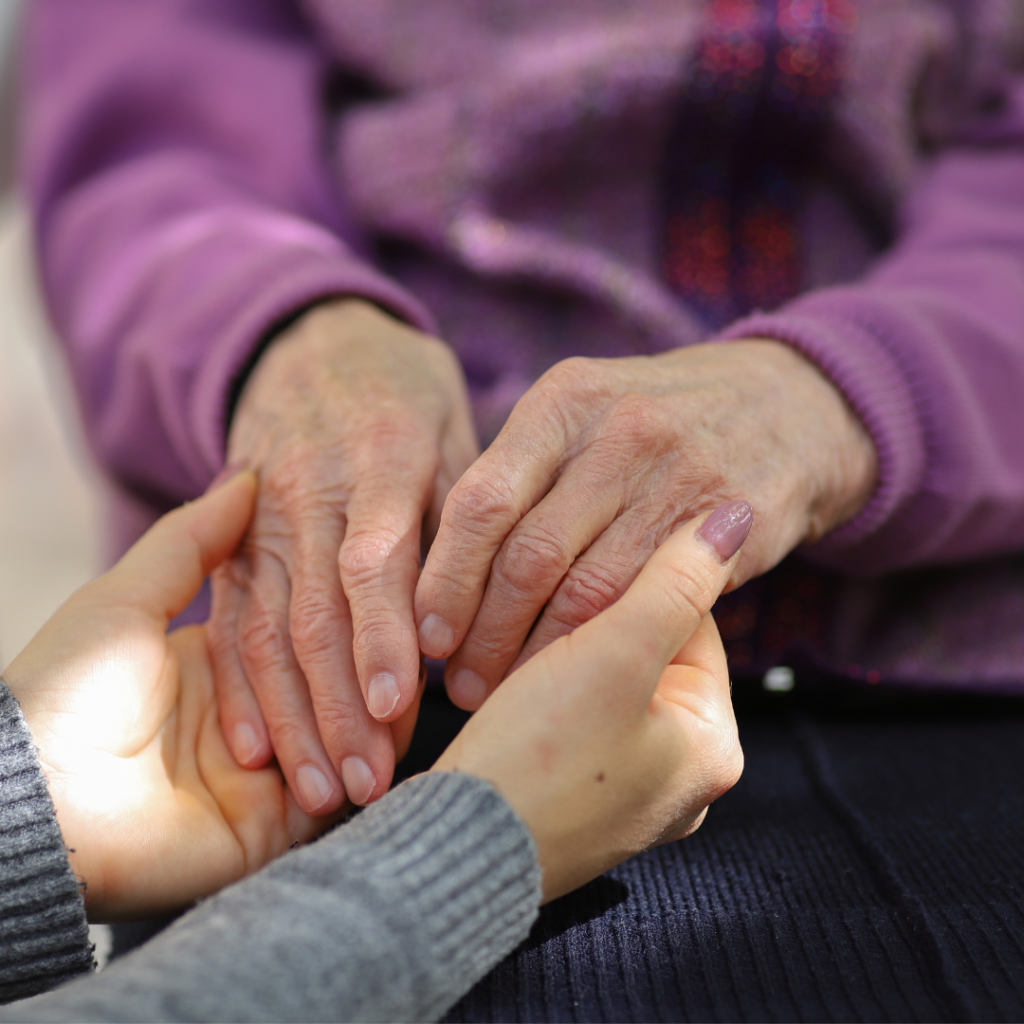Caregivers: Unsung Heroes of Love

Caregivers, often unsung heroes in our lives, are individuals who selflessly take on the responsibility of caring for loved ones who are ill, disabled, or elderly. They are spouses, children, siblings, or friends who step into this role out of love and a deep sense of duty.
The Weight of Responsibility
These caregivers bear an immense burden of responsibility, providing physical and emotional support day in and day out. They become the pillars of strength, offering care, comfort, and companionship to those in need. However, in their selflessness, they often neglect their own well-being.
The Silent Struggles
The demands of care giving can take a toll on their mental health. Stress, anxiety, and burnout become frequent companions. They may feel isolated, as they often hesitate to burden others with their own challenges, further deepening their emotional struggles.
Overcoming the Challenges
To overcome these challenges, caregivers need to prioritize self-care. “Me time” is not a luxury but a necessity. It involves setting boundaries, seeking respite care, and finding support networks. Caregivers should understand that taking care of themselves enables them to provide better care to their loved ones.
Sharing the Responsibility
Sharing the caregiving responsibilities is crucial. Family members and friends can step in to provide assistance, both in practical tasks and emotional support. Open communication within the caregiving team helps distribute the load more evenly, preventing one person from bearing the entire burden.
Seek Support
Caregivers should never hesitate to ask for help. Whether from family, friends, or support groups, seeking assistance is a sign of strength, not weakness. You’re not alone in your caregiving journey, and there are people and resources available to lend a helping hand.
Set Realistic Goals
Caregivers must set realistic expectations for themselves. They can’t do everything, and it’s okay to acknowledge limitations. By setting achievable goals and delegating tasks, caregivers can prevent burnout and maintain their mental well-being.
Practice Self-Care
Self-care should be a daily practice, not an occasional indulgence. It includes activities that rejuvenate the mind, body, and soul. Taking time for oneself is not selfish; it’s essential for long-term caregiving sustainability.
Consultation When Needed
If the emotional burden becomes overwhelming or caregiving responsibilities seem insurmountable, seeking professional consultation from a therapist or counselor is a valuable step. It’s a proactive way to address mental health challenges and gain the necessary tools to cope.
In essence, by acknowledging the struggles of caregivers, promoting self-care, fostering shared responsibility, and seeking support when needed, we not only improve the mental health and well-being of caregivers but also positively influence the lives of those they care for. This interconnectedness highlights the beauty of caregiving and the transformative power of compassion and self-nurturing.
– Gana P




